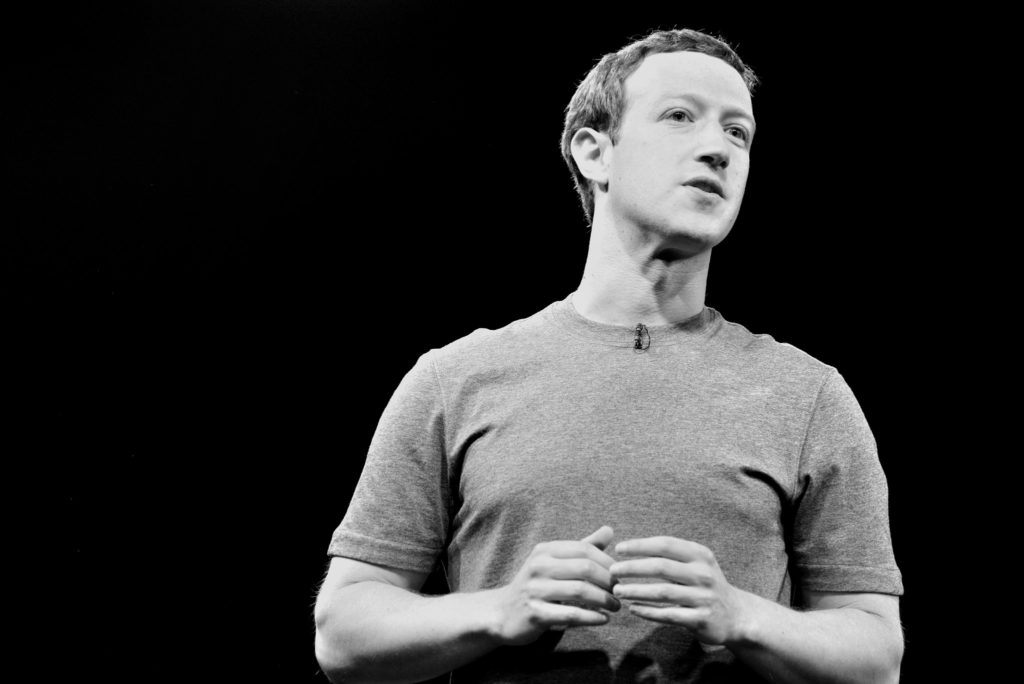Facebook CEO Mark Zuckerberg will testify before Congress beginning Tuesday after a tidal wave of criticism has surrounded the social media giant after political consulting firm Cambridge Analytica gained access to the personal information of at least 87 million users. Lawmakers and the public at-large want to know how the firm acquired the information as Zuckerberg, for years, has proclaimed that his company prioritizes the safety and security of user information.
Cambridge Analytica utilized the information to articulate sophisticated, targeted political advertisements during the most recent elections, including the 2016 presidential election. Therefore, one must question if the firm’s actions constitutes a new use of Facebook information, or if this is exactly the way which the company intended the data of users to be used.
Of course, Facebook is free to use. Nevertheless, as their net income crept up on $16 billion in 2017, according to Fox News, it still makes money, a lot of it, using people’s information.
In light of this novel occurrence, there are some questions that need to be answered by Zuckerberg during his two-day hearing on the hill.
Mr. Zuckerberg:
1. Considering the use of Facebook is free, if the users are not the source of income, what is?
2. For the services that paying, commerical customers can use with Facebook, how much, if any, access to user information is granted?
3. As you has announced “new rules” requiring people or organizations to reveal their identities and location before being allowed to purchase or issue political ads, how do political campaigns affect Facebook services and what are the guidelines and practices of the access to user data for campaign-sponsored ads?
4. In reference to President Obama’s 2012 reelection campaign, Carol Davidsen, the director of data integration and media analytics said: “Facebook was surprised we were able to suck out the whole social graph, but they didn’t stop us once they realized what we were doing.” Further explaining, “they [Facebook] were very candid that they allowed us to do things they wouldn’t have allowed someone else to do because they were on our side.” With that being said, did Facebook let the Obama campaign utilize user data in ways that were contrary to what the company found acceptable or promised its users via privacy disclosures? As well, who made that decision and why?
5. Was the campaign staff for Republican presidential nominee Mitt Romney allowed the same opportunity or access? If not, who made that decision and why?
6. For years, you have proclaimed that Facebook and its employees “do not sell your data.” Is that based on the assertion that all user data for the purpose of marketing and targeting that is sold to commercial customers is anonymized and generalized so that no individual Facebook user can be specifically targeted or subject to certain marketing ads?
7. Would the Obama campaign’s use of Facebook user information to identify and target individuals as referenced by “persuadables” on Facebook not contradict the practice of anonymized user data?
8. How did the way in which the Obama campaign’s use of profile data influence the 2014 data use policy changes for Facebook?
9. Has Facebook ever collected the content of user phone calls or messages carried out on company-controlled applications or services?
10. Instead of adopting company practices that ensure the privacy of user information, you have asked that the government regulate Facebook and other social media and technology companies. Why is this the best decision?
In a recent interview with CNN, Zuckerberg stated, “People should know who is buying the ads that they see on Facebook, and you should be able to go on any page and see all the ads that people are running to different audiences.”
Fair assessment, yes; however, why immediately get the government involved?
Facebook and other companies who juggle user data do owe their customers truthful answers. Irrespective of the answer to the sale of data, government intervention should and always be the last resort. Until Zuckerberg answers Congress’s questions in a straightforward manner, the notion of regulation is premature.
As modern technology changes and influences the way in which people communicate, the notion of “full privacy” in regards to information as seemingly gone by the wayside. Therefore, how much right to privacy to users on Facebook and other social media platforms have?

